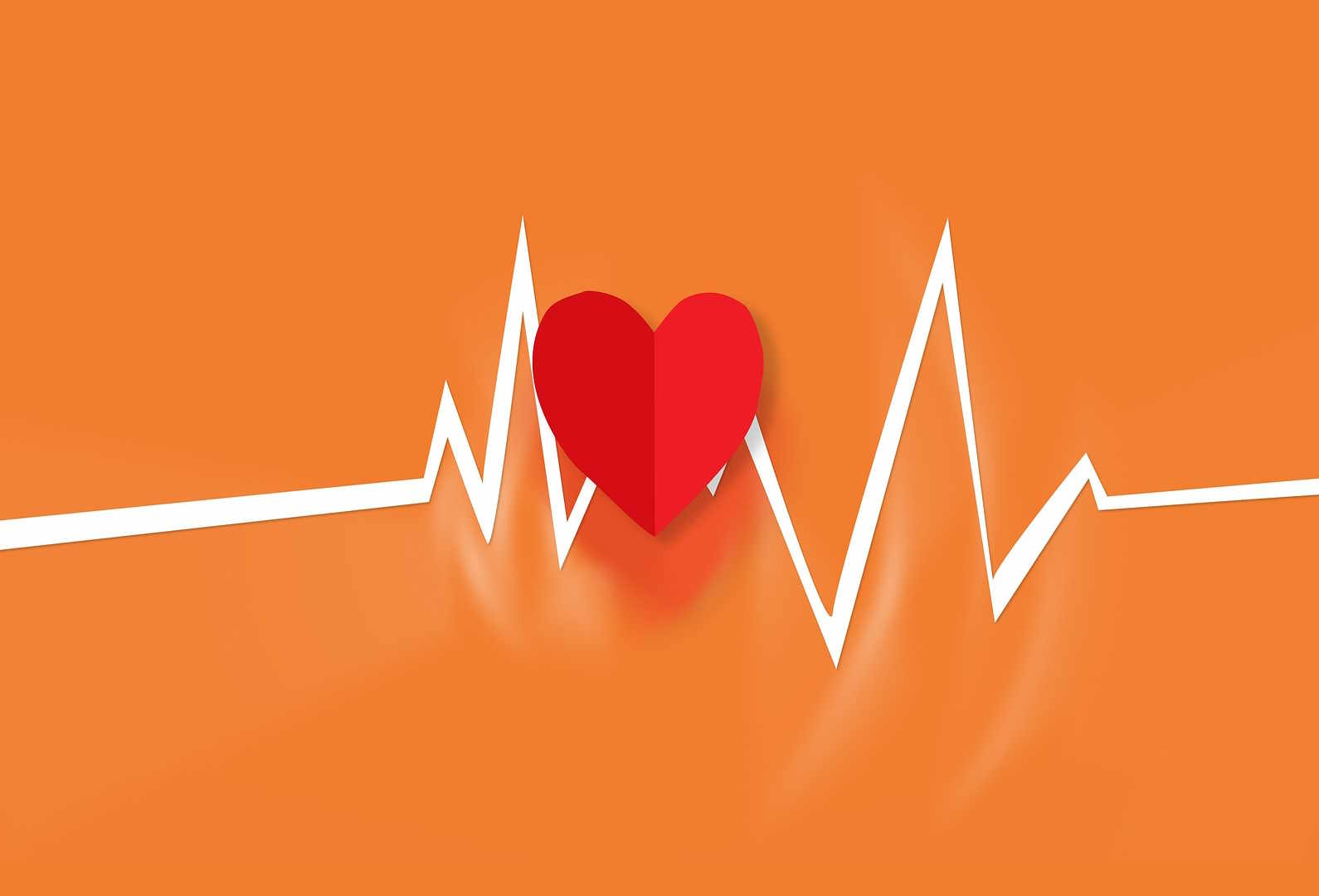Habits That Can Worsen Atrial Fibrillation
Atrial fibrillation (AFib) is a common heart rhythm disorder characterized by an irregular and often rapid heartbeat. This condition can lead to various complications, including stroke, heart failure, and other heart-related issues. Understanding the lifestyle factors that can exacerbate AFib is essential for individuals living with this condition. By identifying and modifying certain habits, patients can potentially reduce the frequency and severity of AFib episodes, improving their overall quality of life.

What Is the Introduction to Atrial Fibrillation and Lifestyle Impact?
Atrial fibrillation occurs when the heart’s upper chambers (atria) beat irregularly and out of coordination with the lower chambers (ventricles). This disruption in normal heart rhythm can cause symptoms such as palpitations, shortness of breath, fatigue, and chest discomfort. While AFib can develop due to various factors including age, genetics, and underlying heart conditions, lifestyle choices play a significant role in triggering and worsening episodes.
The introduction to atrial fibrillation and lifestyle impact reveals that daily habits can either support heart health or contribute to rhythm disturbances. Research shows that certain lifestyle factors can increase the likelihood of AFib episodes, while others may help maintain a more stable heart rhythm. Understanding this connection empowers patients to take an active role in managing their condition alongside their healthcare providers.
How Does Diet Affect Atrial Fibrillation Symptoms?
The role of diet and alcohol consumption in AFib management cannot be overstated. Certain foods and beverages can trigger episodes or make existing symptoms worse. High-sodium foods are particularly problematic, as excess salt can lead to fluid retention and increased blood pressure, both of which strain the cardiovascular system and may trigger AFib episodes.
Processed foods, which often contain high levels of sodium, preservatives, and unhealthy fats, can contribute to inflammation and oxidative stress in the body. These conditions may worsen AFib symptoms and increase the risk of complications. Additionally, foods high in sugar and refined carbohydrates can cause blood sugar spikes and crashes, potentially affecting heart rhythm stability.
Why Is Alcohol Consumption Particularly Harmful for AFib Patients?
Alcohol consumption represents one of the most significant dietary triggers for atrial fibrillation. Even moderate drinking can increase the risk of AFib episodes, a phenomenon sometimes called “holiday heart syndrome.” Alcohol affects the heart’s electrical system, disrupting normal rhythm patterns and potentially triggering irregular heartbeats.
The role of diet and alcohol consumption extends beyond immediate triggers. Regular alcohol use can lead to structural changes in the heart over time, including enlargement of the atria, which increases the likelihood of developing persistent AFib. Studies have shown that even light to moderate drinking can increase AFib risk, making alcohol reduction or elimination an important consideration for many patients.
How Do Stress and Lack of Physical Activity Worsen AFib?
Stress and lack of physical activity represent interconnected factors that can significantly impact AFib management. Chronic stress releases hormones like cortisol and adrenaline, which can directly affect heart rhythm and trigger AFib episodes. Additionally, stress often leads to other harmful behaviors such as poor sleep, unhealthy eating, and increased alcohol consumption.
Physical inactivity compounds these problems by weakening the cardiovascular system and reducing the heart’s ability to maintain stable rhythms. Regular exercise, when appropriate and supervised by healthcare providers, can help strengthen the heart muscle, improve circulation, and reduce stress levels. However, the type and intensity of exercise must be carefully considered, as excessive or inappropriate physical activity can also trigger AFib episodes.
What Sleep Habits Can Trigger Atrial Fibrillation Episodes?
Sleep quality and patterns significantly impact AFib management, yet this connection is often overlooked. Sleep apnea, a condition where breathing repeatedly stops and starts during sleep, is particularly common among AFib patients and can worsen symptoms. The oxygen deprivation and sleep disruption associated with sleep apnea place additional stress on the cardiovascular system.
In the United States, approximately 12 million adults have sleep apnea, and many remain undiagnosed. For AFib patients, addressing sleep disorders can be crucial for symptom management. Poor sleep hygiene, including irregular sleep schedules, excessive screen time before bed, and consuming caffeine or alcohol close to bedtime, can all contribute to sleep disturbances and potentially trigger AFib episodes.
How Do Smoking and Caffeine Consumption Impact AFib?
Smoking represents one of the most harmful habits for individuals with atrial fibrillation. Tobacco use damages blood vessels, increases inflammation, and directly affects the heart’s electrical system. The nicotine in cigarettes acts as a stimulant, potentially triggering rapid or irregular heartbeats. Additionally, smoking increases the risk of blood clots, a serious concern for AFib patients who already face elevated stroke risk.
Caffeine consumption, while less harmful than smoking, can also problematic for some AFib patients. Individual sensitivity varies significantly, with some people experiencing palpitations or irregular rhythms after consuming even small amounts of caffeine. Energy drinks, which often contain extremely high caffeine levels along with other stimulants, pose particular risks and should generally be avoided by AFib patients.
Understanding these lifestyle factors empowers individuals with atrial fibrillation to make informed decisions about their daily habits. While AFib requires professional medical management, addressing these modifiable risk factors can significantly improve symptoms and reduce the frequency of episodes. The key lies in working closely with healthcare providers to develop a comprehensive approach that combines appropriate medical treatment with beneficial lifestyle modifications. By avoiding triggers and adopting heart-healthy habits, many AFib patients can achieve better symptom control and maintain a higher quality of life.
This article is for informational purposes only and should not be considered medical advice. Please consult a qualified healthcare professional for personalized guidance and treatment.




